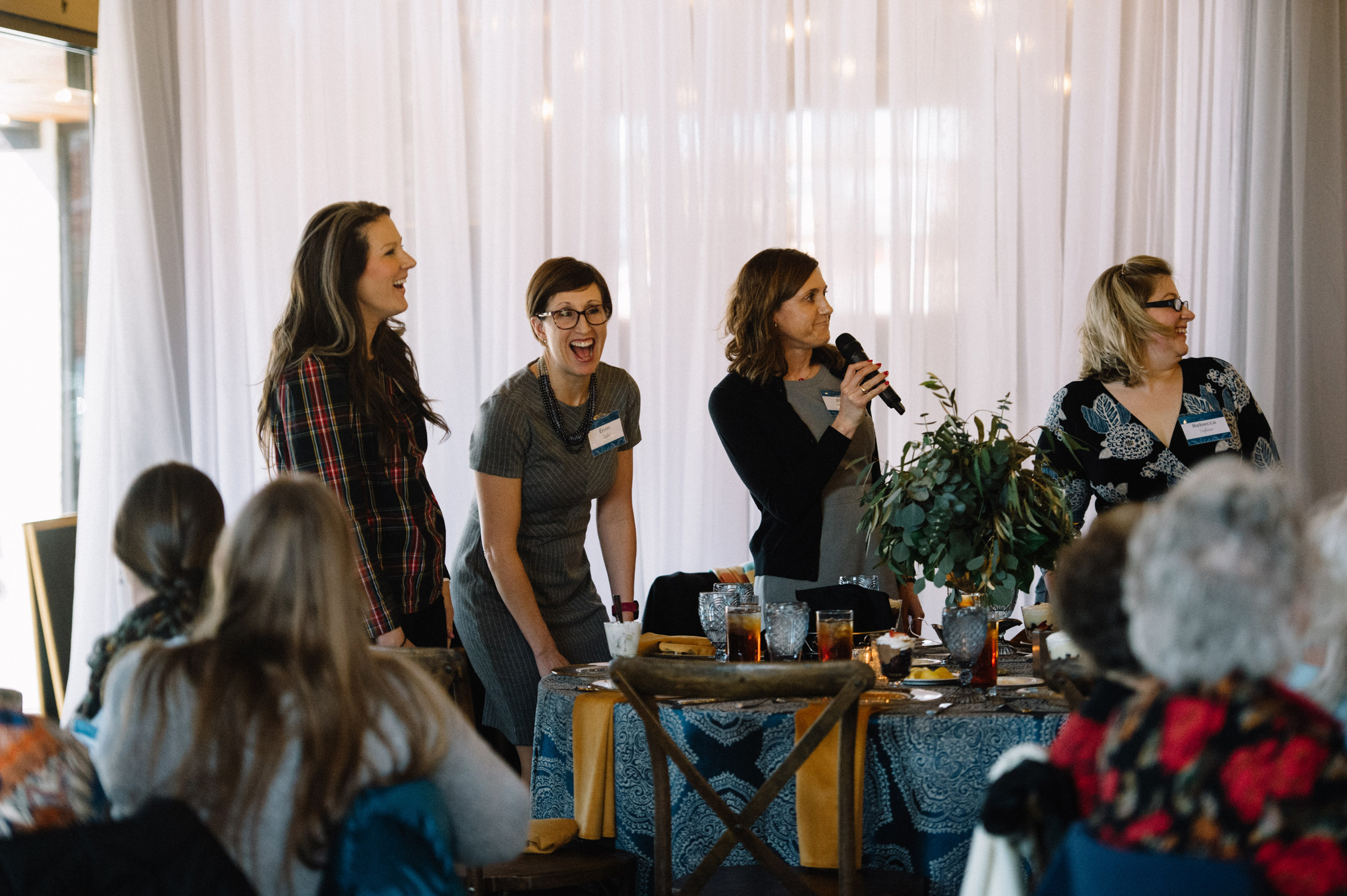Featured photo: Sharing about their project installing communication boards on preschool and elementary school playgrounds are, from left, Lauren Broyles with Knox County Schools; Erinn Finke, director of the UT Autism Social Development Lab; Jillian McCarthy, director of the UT Augmentative and Alternative Communication, Language, and Literacy Laboratory and the co-director of the Language and Literacy Laboratory; and Rebecca Hofman, Little Tennessee Valley Education Cooperative.
By Blake Hicks
Photos courtesy of UTAA
The mission of the Alliance of Women Philanthropists is to educate, empower and inspire women to be philanthropic leaders at the University of Tennessee. Since the creation of the Giving Circle in 2007, the alliance has provided more than $654,300 for 72 UT programs and research endeavors across the state.
The 2020 grant recipients represent innovations in learning and community partnerships that support the health of Tennesseans young, old and furry.
UT Martin—
Incorporating Pediatric Simulation into BSN Curriculum
Funding Awarded: $7,035.37
This project will incorporate pediatric simulation into the curriculum of a rural baccalaureate nursing education program at both the UT Martin campus and Parsons Center. The use of simulation gives students the opportunity to critically think and make clinical judgement without the risk of causing harm to a patient and provides the students the opportunity to improve communication and collaboration.
UTIA-College of Veterinary Medicine—
Shelter Medicine Spay-Neuter Outreach Expansion Project
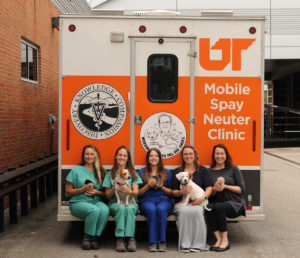
Funding Awarded: $16,808
Through this outreach project, UTCVM Shelter Medicine program will expand its life-saving operations by approximately 20 percent annually through service-learning and community engagement. The project will provide essential surgical equipment to safely and efficiently train fourth-year students in vital clinical skills. In addition, it directly benefits regional animal shelters by increasing the number of animals spayed/neutered and treated medically.
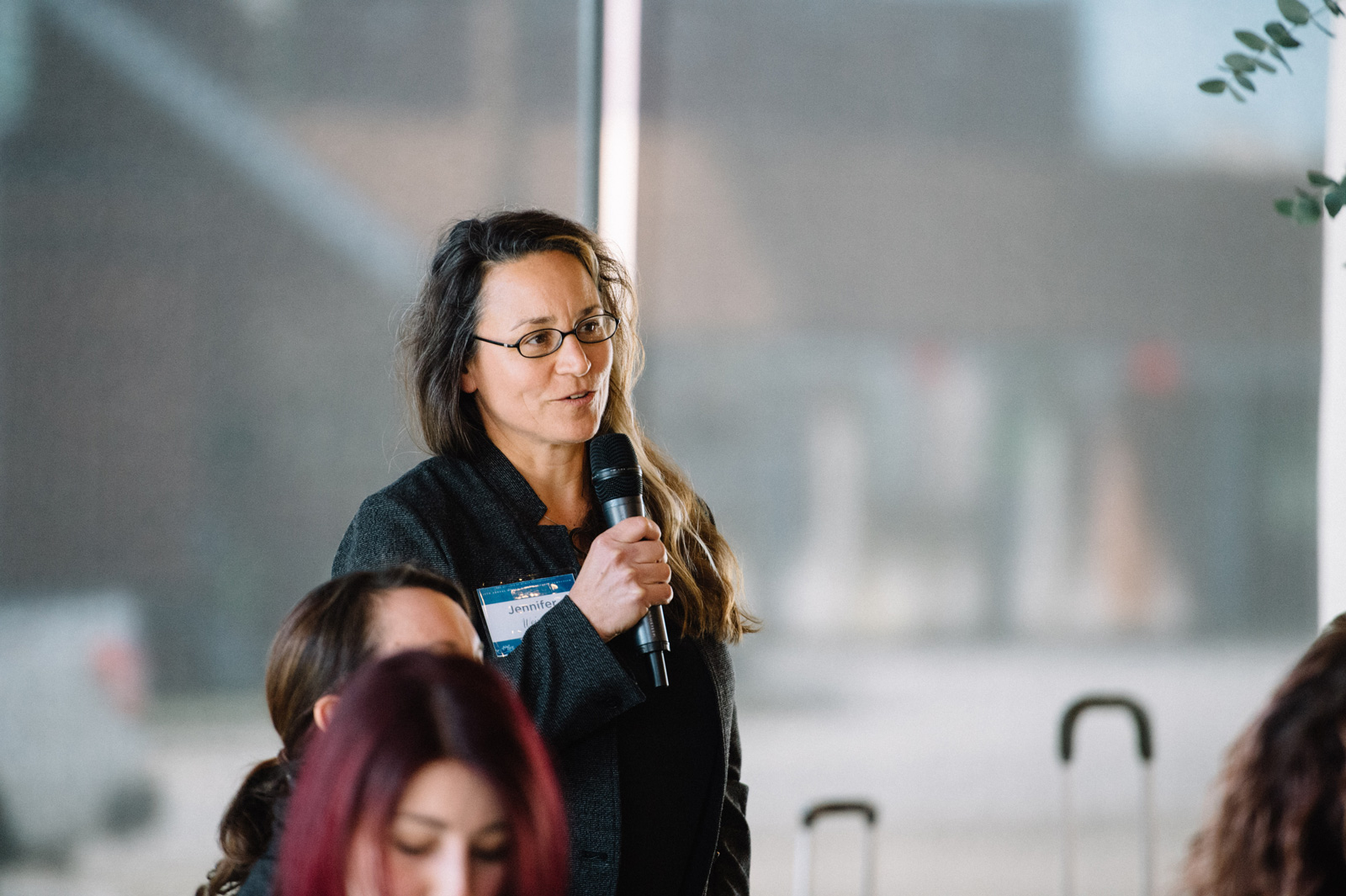
UT Chattanooga—
Bring the World and More to Teachers and Students of the Tennessee Valley
Funding Awarded: $10,000
Establishing a virtual and augmented reality lab that will allow 1,000 participants each year to travel the world, visit museums, explore the moon, travel the stars and more is the objective of this project. Through a combination of STEM content aligned with today’s education standards, virtual and augmented reality technology engages students in a high-tech simulation environment. The current space missions of the UTC Challenger STEM Learning Center complements this initiative through its real-world applications of STEM principles.
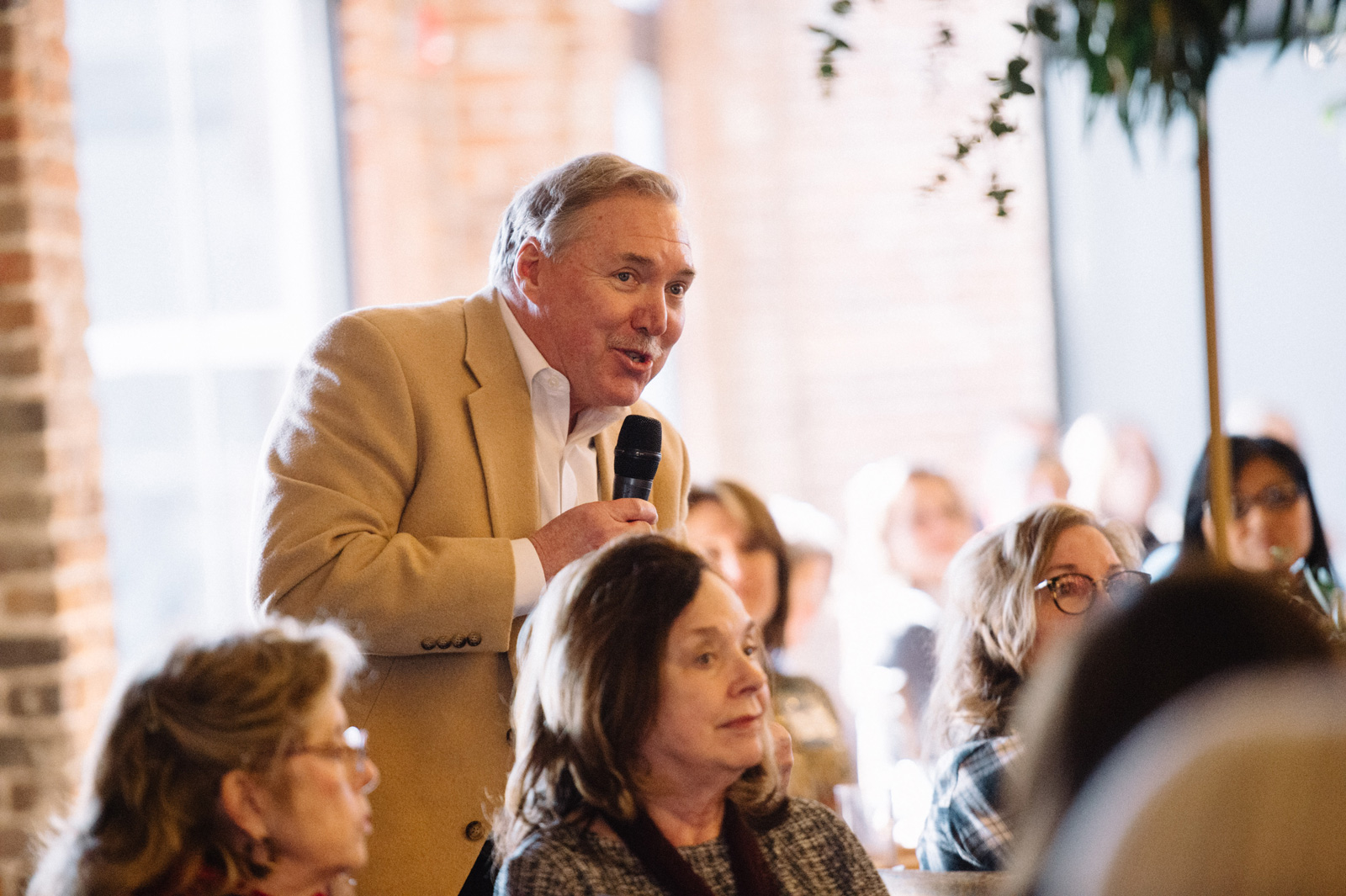
UT Chattanooga—
Collaborative Clinical Medical Laboratory Equipment
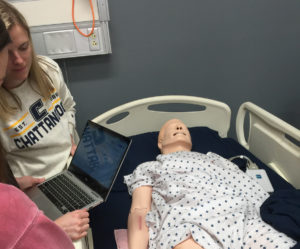
Funding Awarded: $8,660
This funding will purchase equipment that will be shared among the physician assistant, doctor of physical therapy and occupational therapy doctorate programs at UT Chattanooga, as well as in collaborative learning experiences with nursing, athletic training, social work and counseling programs. The learning opportunities provided in the laboratory will help students in the varying professional programs to excel in their field and to work together to deliver the highest quality of coordinated care.
UT Health Science Center—
Want to Play? Establishing Communication-Rich Playgrounds for Children Who are Nonverbal and Their Peers
Funding Awarded: $5,500
This project will develop and install 25 playground communication boards on preschool and elementary school playgrounds around East Tennessee for children who are nonverbal or have limited verbal skills. Initial and ongoing training to teaching staff, parents and students on how to use the boards effectively is a major component to this project. In addition, it also creates opportunity for research that examines the evidence-based practices of selecting appropriate social context-rich vocabulary, as well as methods for modeling vocabulary.
